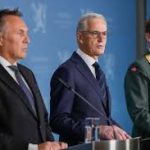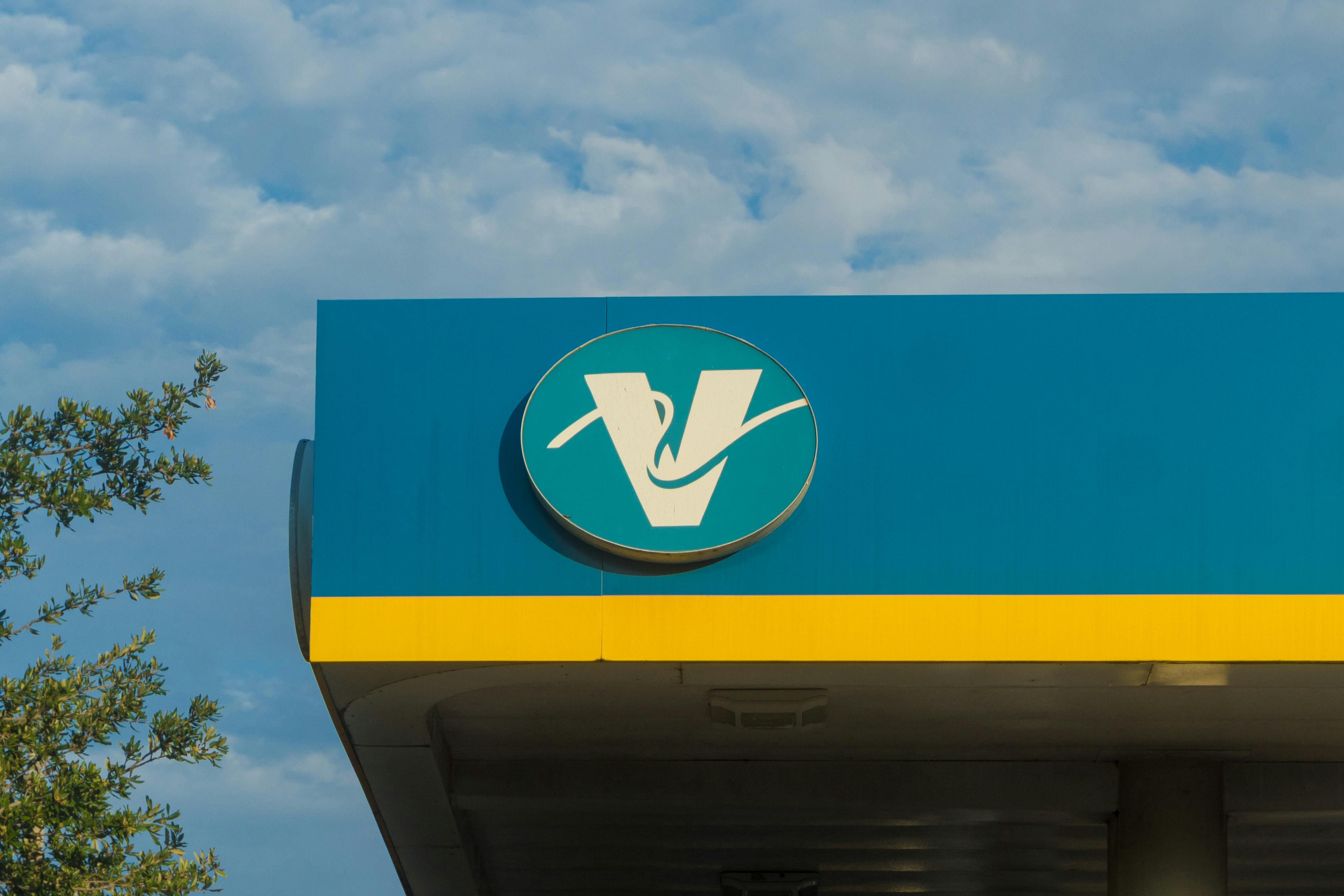Norway is heading into a pivotal election season as citizens prepare to cast their votes in a climate shaped by energy debates, inflationary pressures, and mounting geopolitical concerns. What was once expected to be a routine election has now evolved into a referendum on the country’s identity as both an oil-producing giant and a global leader in green policies. With Europe facing economic uncertainty and security challenges, Norway’s decisions at the ballot box will reverberate far beyond its borders.
The Norwegian political landscape has long been defined by stability, with centrist parties dominating governance. However, this year’s election is proving different. Rising living costs, shifting energy priorities, and growing tensions between the West and Russia are fueling new political dynamics. Voters are increasingly asking whether their leaders can balance the country’s traditional reliance on fossil fuels with its ambitious climate commitments—all while protecting household incomes from inflation and maintaining Norway’s position as a secure and reliable energy supplier to Europe.
Energy remains the central theme of the election. Norway, as Western Europe’s largest oil and gas producer, has faced mounting pressure to reconcile its climate commitments with its oil-driven wealth. On one hand, the ruling Labour Party emphasizes a gradual transition, arguing that the revenues from oil and gas are essential to funding the green shift. On the other, environmental parties like the Green Party and Socialist Left demand a faster phase-out of fossil fuel production, warning that continued drilling undermines Norway’s credibility as a climate leader.
The opposition Conservative Party, meanwhile, has seized on concerns about energy security. Following Russia’s invasion of Ukraine, Norway became Europe’s top natural gas supplier, filling the void left by Moscow. This surge in demand has brought in record revenues but has also raised questions about whether Norway is profiting from global instability. The Conservatives argue that maintaining strong oil and gas production is essential for both Norway’s economy and European stability.
Inflation has become another pressing issue. Like much of Europe, Norway has seen the cost of living rise sharply, with food, energy, and housing prices straining household budgets. For many voters, immediate economic concerns outweigh long-term climate debates. Political parties are therefore scrambling to offer solutions ranging from tax cuts to increased subsidies for energy bills. The tension lies in balancing economic relief with fiscal responsibility, particularly as Norway’s sovereign wealth fund—the largest in the world—faces its own investment challenges amid global market volatility.
Geopolitics also looms large in this election. Norway’s strategic position in the Arctic and its NATO membership make it a key player in Western security. With Russia intensifying its military presence in the Arctic, Norwegian voters are paying close attention to defense policies. The Conservative Party has called for increased defense spending and stronger NATO coordination, while the ruling Labour Party emphasizes diplomacy alongside military preparedness. For ordinary citizens, the debate is not just about foreign policy but about how secure Norway will remain in an uncertain world.
The role of the sovereign wealth fund, often referred to as the “oil fund,” has also become a point of contention. Worth over $1.4 trillion, it represents both Norway’s economic security and its ethical responsibilities. Recent decisions to divest from companies linked to environmental damage and human rights controversies have sparked debate. Should the fund be a purely financial tool, maximizing returns for future generations, or should it also be a moral compass in global markets? For many voters, this issue symbolizes Norway’s struggle to reconcile profit with principle.
The youth vote could prove decisive. Younger Norwegians are more likely to prioritize climate change, social equality, and digital innovation over traditional energy policies. Their growing influence is pushing mainstream parties to adopt more ambitious climate goals, even as older voters remain focused on economic stability. The generational divide highlights broader questions about what kind of Norway the country wants to be in the next 50 years: an oil-rich powerhouse, a climate pioneer, or both.
Public opinion polls reveal a fragmented electorate. While the Labour Party and Conservatives remain the largest blocs, smaller parties—such as the Greens, Socialist Left, and Progress Party—are likely to play kingmaker roles in coalition negotiations. This fragmentation underscores a deeper reality: there is no single consensus on how Norway should navigate its future, only a recognition that the decisions made now will shape generations to come.
Analysts predict that the election could result in a more divided parliament, with coalition talks taking weeks or even months. Such an outcome would reflect the complexity of Norway’s political moment, where every choice involves trade-offs between economic growth, environmental responsibility, and geopolitical stability. For voters, the ballot box has become a stage for expressing not just party preferences but fundamental concerns about identity, security, and the planet’s future.
FAQs
Why is this election in Norway considered so important?
Because it comes at a time when the country must balance oil and gas revenues, climate commitments, inflationary pressures, and rising geopolitical tensions in Europe.
What role does energy play in this election?
Energy is central, as Norway is both a leading oil and gas producer and a global advocate for climate action. Parties are divided on how quickly the country should transition away from fossil fuels.
How is inflation affecting Norwegian voters?
Rising costs of food, housing, and energy are pushing economic concerns to the forefront, influencing voters to prioritize immediate relief over long-term policy goals.
What about Norway’s role in global security?
As a NATO member bordering the Arctic, Norway is crucial in Western defense strategy, particularly amid rising tensions with Russia. Defense spending and NATO cooperation are hot topics in the campaign.
How could younger voters influence the outcome?
Young Norwegians are prioritizing climate change, innovation, and equality, which could push parties toward more progressive and environmentally ambitious policies.
Conclusion
Norway’s upcoming election is about more than party politics—it is a reflection of the nation’s soul-searching at a critical juncture. With energy revenues fueling prosperity but also sparking ethical debates, inflation testing household resilience, and geopolitics reshaping security priorities, Norwegians face complex choices. The outcome will not only define Norway’s domestic policies but also its role on the global stage, as a country that must decide whether to remain Europe’s oil lifeline, embrace its identity as a climate leader, or attempt a delicate balance between the two. Whatever the results, one thing is certain: the world will be watching







